Thursday, January 31, 2019
Screen Actors Guild Awards Fast Facts

January 27, 2019 - The 25th Annual Screen Actors Guild Awards are held, with Megan Mullally as host.
Outstanding Performance by a Female Actor in a Leading Role
Glenn Close, "The Wife"
Rami Malek, "Bohemian Rhapsody"
Emily Blunt, "A Quiet Place"
Mahershala Ali, "Green Book"
"Black Panther"
"This Is Us"
Sandra Oh, "Killing Eve"
Jason Bateman, "Ozark"
"The Marvelous Mrs. Maisel"
Rachel Brosnahan, "The Marvelous Mrs. Maisel"
Tony Shalhoub, "The Marvelous Mrs. Maisel"
Patricia Clarkson, "Sharp Objects"
Darren Criss, "Assassination of Gianni Versace"
Alan Alda
Sarah Sanders: God 'wanted Donald Trump to become president'
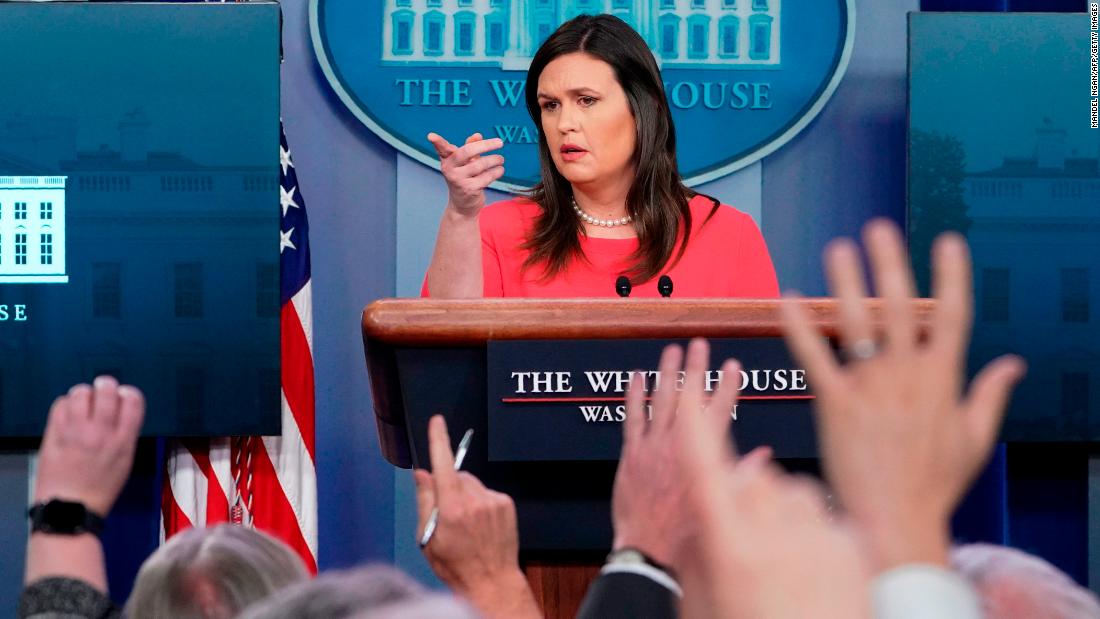
Baltimore will no longer prosecute marijuana possession cases, state's attorney says
CNN's Evan Simko-Bednarski contributed to this report.
from CNN.com - RSS Channel https://cnn.it/2Sa10VzReports of corporate earnings demise are exaggerated
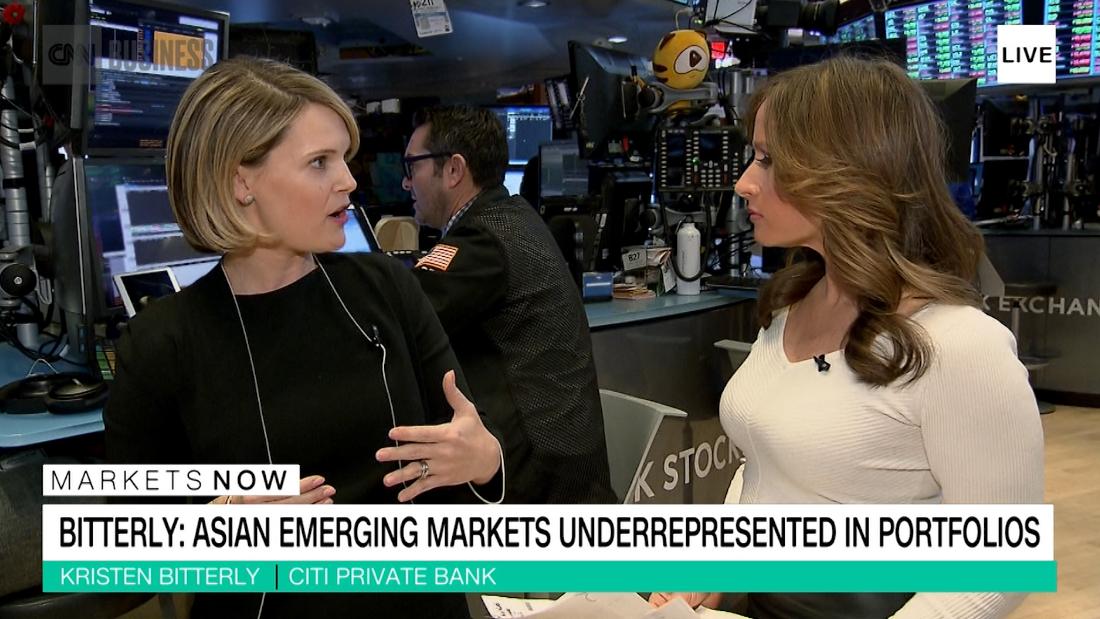
Foxconn moves forward with construction in Wisconsin
CNN's Vanessa Yurkevich contributed.
from CNN.com - RSS Channel https://cnn.it/2B8Kr2fStocks on track for best January in 30 years
Speaker John Bercow isn't sorry for championing 'dissident' voices in Brexit debate
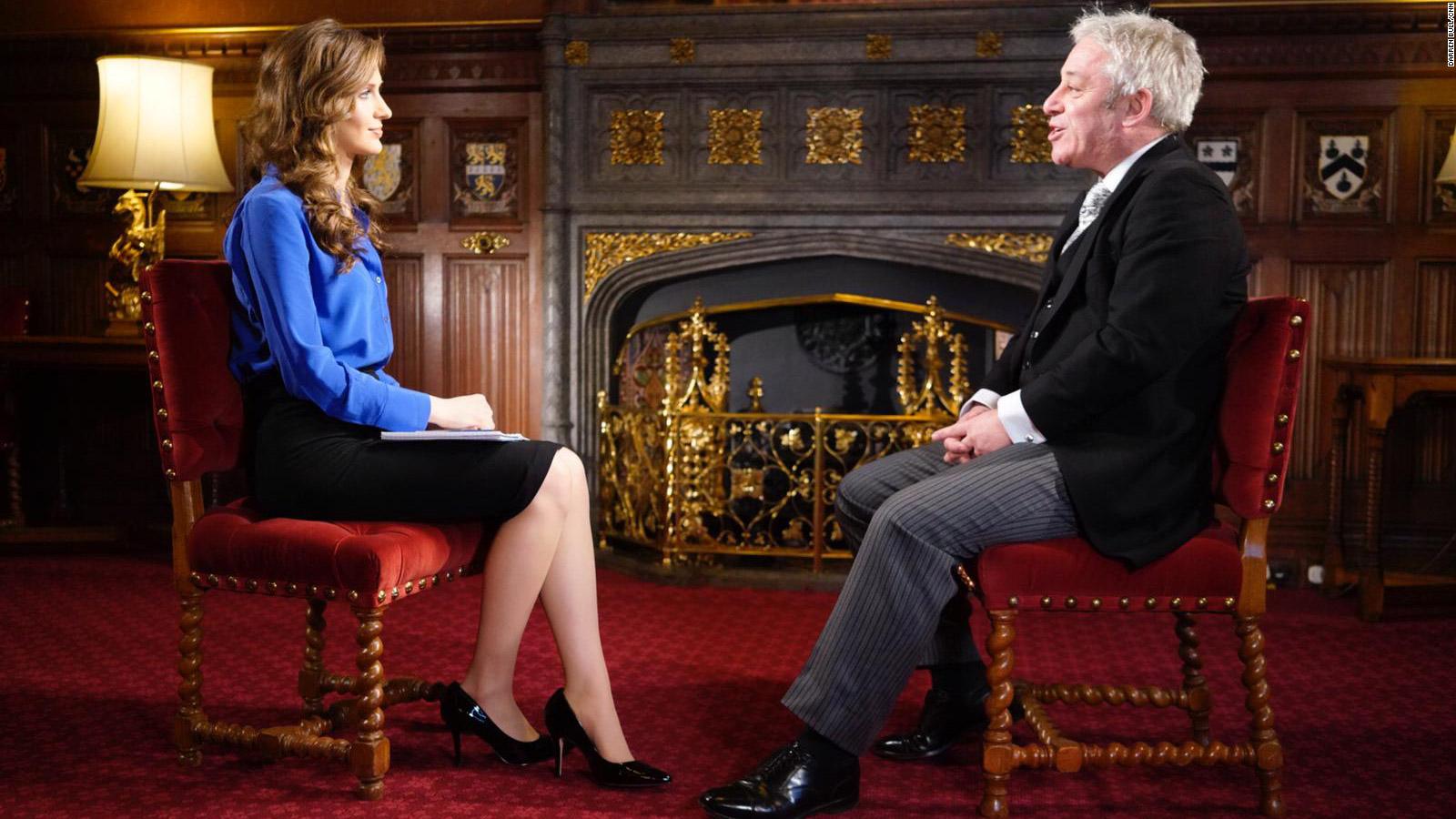

Man arrested after alleged sexual assault at Atlanta nightclub is streamed on Facebook Live

Attorney: No evidence of assault
'Bystander culture'
CNN's Justin Gamble contributed to this report.
Did the Fed cave to Wall Street and Washington?
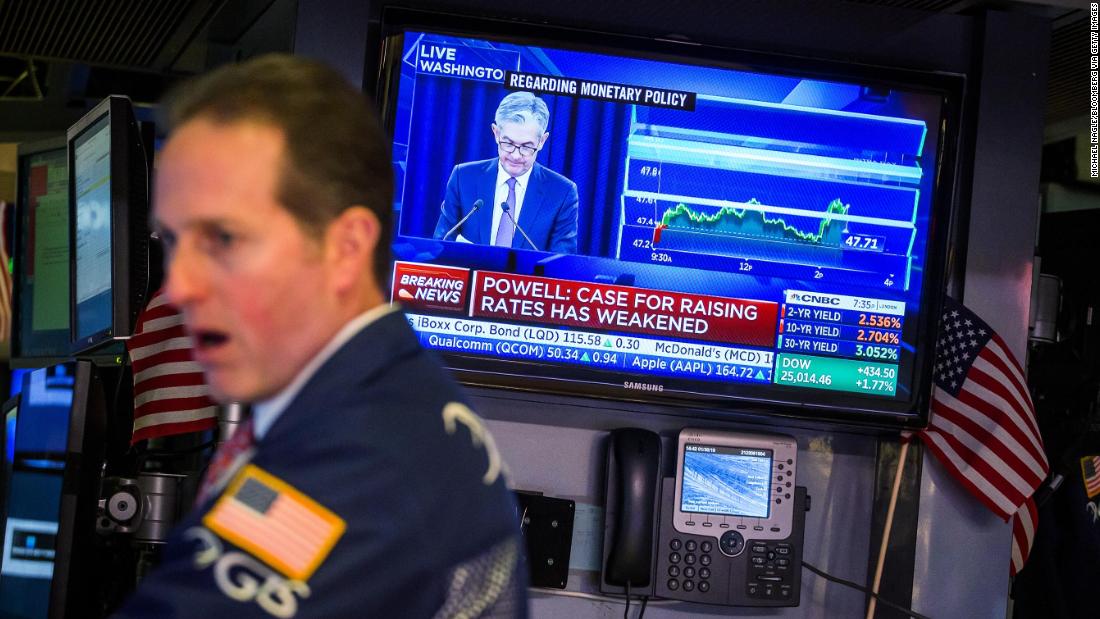
Powell: Fed will 'never' take politics into account
'Oozed dovishness'
Brilliant or dangerous?
Now's the time to save big on the Google Home line

Amazon's popular Echo Dot might be on back order, but Google isn't letting that ruin the smart speaker party. The core line of Google Home devices is getting some pretty deep discounts at Target. The Google Home, Home Mini and the top-of-the-line Home Hub are all on sale.
All of these smart speakers are powered by the Google Assistant. You can get questions answered, set timers or alarms, play music from a variety of services, control your smart home and even play games with them. Google is continuously updating what the Assistant knows, and new third parties continue to link up with the platform.
The pint-sized Google Home Mini is 41% off, at just $29, and is available in chalk, charcoal, coral and aqua. Availability of specific colors is likely to vary in store and online, but the sale price is available from all locations.
The Google Home speaker still packs a punch, and it's a bigger one at $89. It might look like an air freshener, but it gets loud and has multiple microphones so you can still call the Assistant while blasting music.
A Google Home Hub for $99 is a terrific deal. It's Google's first Assistant device to be paired with a screen, and the experience is solid. Since it links up with Google's many services, you can get alerts for your morning commute, see the weather forecast, control your smart home and, of course, watch YouTube videos.
If you've been waiting to add another smart speaker to your home or to start a Google ecosystem, now is a great time.
from CNN.com - RSS Channel https://cnn.it/2Sk2EnARepublican-led Senate to admonish Trump with vote on Middle East troop pullout
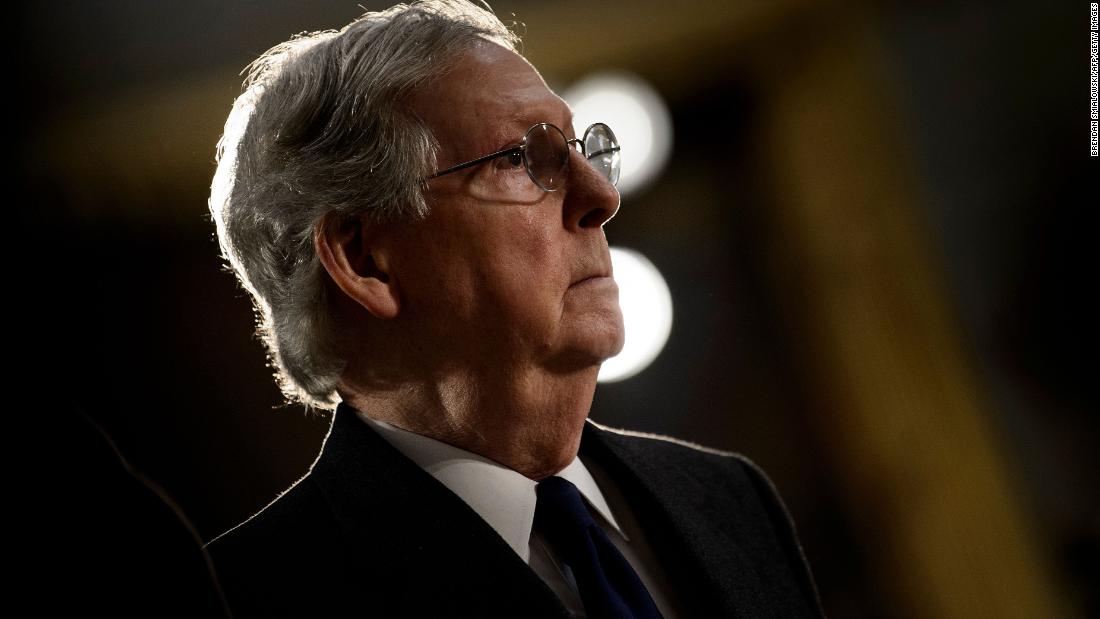
CNN's Jeremy Herb contributed to this report.
Just got laid off? Do these 5 things before you leave
1. Ask about all your pay
2. Hold off on signing for your severance
3. Make sure you're eligible for unemployment
4. Make sure you're health insurance is covered
5. Take your savings with you
How did this mountain form on Mars? The Curiosity rover investigates
Columnist: 'We have not recovered' from the Great Recession
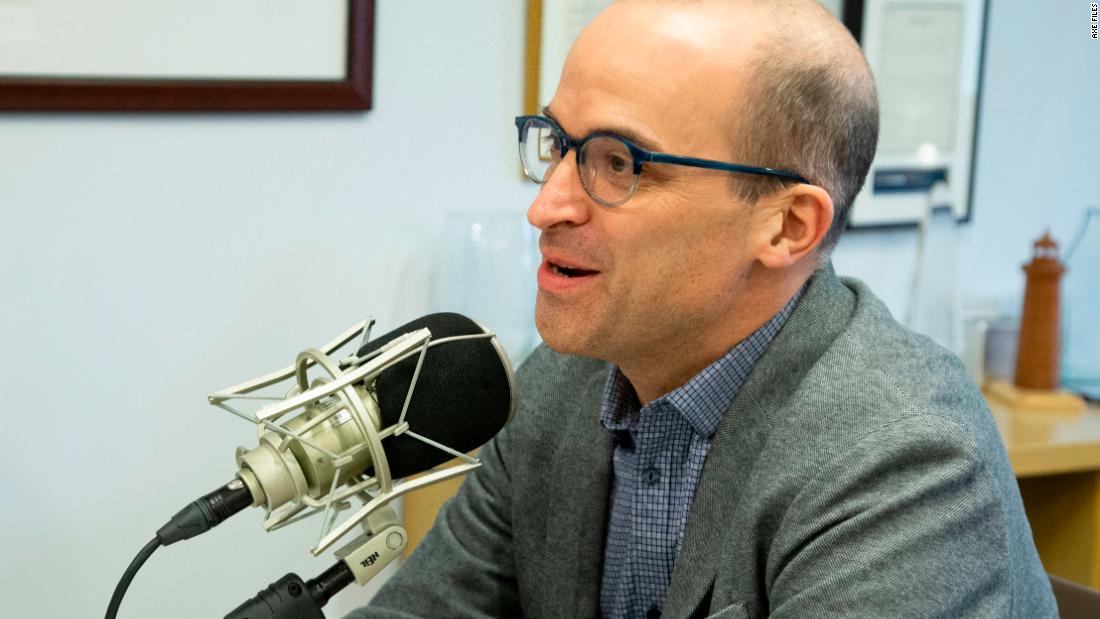
What's the Green New Deal? Depends who you ask
Heart-shaped meteorite up for auction on Valentine's Day
Written by Emily Dixon, CNN
You might want to reconsider your Valentine's Day plans this year: A superior gift is about to go on sale, and it came all the way from space.
According to Christie's, the meteorite once belonged to a colossal mass of iron that split from the asteroid belt 320 million years ago. It penetrated the Earth's atmosphere on Feb. 12, 1947, breaking into smaller meteorites and blazing over Siberia's Sikhote-Alin Mountains in a fireball "brighter than the sun."
Windows shattered, chimneys disintegrated and trees were ripped from the ground by the shock waves resulting from the explosion of the iron mass, while sonic booms reverberated nearly 200 miles away. A 20-mile smoke trail hung in the sky, while the meteorites that split apart from the main body produced almost 200 craters, some up to 85 feet wide, the auction house said on its website.

Online bids on the unusually shaped meteorite open on February 6. Credit: Christie's
Not all of the Sikhote-Alin meteorites are as desirable as the heart-shaped artifact up for auction, Christie's says. Those that broke away from the main mass when it exploded close to the ground are "jagged and twisted," more like shrapnel than a romantically shaped paperweight.
But the "Heart of Space," as Christie's terms it, probably split apart at a far higher altitude. As a result, it's somewhat more aerodynamic, and puckered with indentations known as regmaglypts.
Sarah Crowther, from the University of Manchester's School of Earth and Environmental Sciences, told CNN that the specimen belongs to an uncommon group of iron meteorites known as IIAB. "There are currently 134 type IIAB iron meteorites, out of a total of over 60,000 known meteorites, so this type is fairly rare," Crowther said.
"The price does seem high for an iron meteorite," she added. Other fragments of the same meteorite retail for far less: "In the range of $1-$4 per gram," she said, "whereas even the lower end of the estimated price range for this is almost $30 per gram."
What's responsible for the high value of the meteorite? "The shape, the regmaglypts and the size of the sample," Crowther said.
Bids open on the meteorite, obtained from New York's Macovich Collection of Meteorites, on February 6 and conveniently close on February 14. It's a slightly bigger commitment than a heart-shaped box of chocolates, however: The auction house expects it to sell for somewhere between $300,000 and $500,000.
If Valentine's Day is really about conspicuous displays of affection (and wealth), what better way to do it?
from CNN.com - RSS Channel https://cnn.it/2DKWHrv









